Family Therapy In Nashville, TN

The Role of Family Therapy in Addiction Treatment
Mending family relationships can play a pivotal role in a person’s long-term recovery. Addictions often cause a series of cycles within the family that are hard to break. A lack of trust, constant worry, and unmet emotional needs can occur when someone in the family struggles with addiction. Additionally, the person battling addiction may experience shame, isolation, and depression. Everyone can begin to feel unheard and misunderstood.
Our therapy sessions aim to mend these damaged relationships and restore trust. Encouraging open communication allows each family member, including the individual struggling with addiction, to voice their struggles and concerns. These sessions educate families on how addiction influences everyone involved, fostering a deeper understanding of the challenges ahead.
With family support and understanding, individuals in addiction recovery are much more equipped to handle challenges during and after rehab. Strong family bonds can increase accountability, offer encouragement, and motivate people in their recovery journey.
Benefits of Family Therapy for Addiction
- Promotes understanding
- Reduces feelings of isolation
- Supports family members
- Improves communication
- Rebuilds trust
- Helps prevent relapse
- Strengthens family bonds

Contact Us
Set yourself free from the struggles of addiction and co-occurring mental health disorders. Reach out to our treatment team in Nashville, Tennessee today.
How Our Family Therapy Program Works at Live Again Detox
Our therapy sessions provide a safe space for open dialogue, where each family member is encouraged to voice their emotions and address underlying issues head-on. With over a decade of experience, our team provides both in-person and virtual sessions tailored to meet the unique needs of each family. By addressing not just the addiction but also the underlying issues, we aim to foster lasting healing and unity.

Structured Sessions
Our family therapy in Nashville involves carefully structured sessions to promote healing and understanding. Each session provides the opportunity for family members to share their thoughts and feelings openly. Our therapists guide these conversations to encourage active listening and effective communication. By creating an environment of trust and openness, we help families address and resolve conflicts that may have arisen due to substance abuse.

Our Family Therapy Objectives
Our primary objectives are to promote healing in relationships, healthy communication, and education to encourage lasting sobriety. We focus on identifying and addressing underlying issues that contribute to addiction, educating families about the nature of addiction, and developing strategies for sustained recovery.
Strengthening Family Bonds
Our therapists encourage family members to share their points of view regarding the impact of addiction. This allows them to express feelings and begin to heal as their loved one heals. Additionally, the individual in addiction treatment can develop a stronger bond with family members by working through complex issues together in therapy.
These stronger bonds contribute to a nurturing environment that aids recovery. Our team at Live Again Detox has witnessed the significant impact of families healing together.
Improving Communication Skills
Effective communication is critical to family harmony. In our sessions, we introduce practical strategies to improve family communication. Open and honest dialogue can resolve misunderstandings, build empathy, and prevent future conflicts. We guide families through exercises that promote active listening and constructive feedback. This way, everyone feels heard and valued.
Supporting Long-Term Sobriety
Family involvement plays a crucial role in sustaining long-term sobriety. When loved ones understand the complexities of addiction, they’re better equipped to offer consistent support. We educate families about relapse prevention and coping mechanisms. By being part of the recovery journey, family members can learn to recognize the signs of relapse, reduce isolation, and encourage their loved one in sobriety.
We use targeted therapeutic methods to address each family’s unique needs. For example, cognitive-behavioral therapy (CBT) helps family members identify and shift harmful thought patterns, leading to healthier interactions. Another effective method is systemic therapy, which looks at the family as a whole and addresses dynamics that impact individual members.
In addition, we integrate education sessions to inform families about addiction triggers and enabling behaviors. This knowledge empowers families to support their loved one’s recovery more effectively. Our approach also includes solution-focused therapy, where we collaborate with families to create practical strategies for managing conflicts and improving relationships.
What to Expect During Your Family Therapy Sessions
Initial Assessments and Goals
During the first family therapy session at Live Again Detox, we conduct an initial assessment to understand your family’s dynamics, challenges, and goals. The therapist will ask a series of questions to gather background information on each family member’s role and perspective on the addiction issue. This process helps identify the underlying problems and sets the foundation for creating tailored treatment plans.
Establishing clear goals early helps everyone stay aligned and focused throughout the therapy. We then work together to set realistic expectations and measurable objectives for both individual and family progress.
Confidentiality and Safety in Therapy
Confidentiality and safety are paramount in family therapy. Every session is confidential, meaning that what we discuss stays within the therapeutic space unless there is a risk of harm to any family member. We establish ground rules at the beginning to ensure everyone understands the importance of respect and sensitivity to personal issues.
Creating a secure environment where family members can express themselves without fear of judgment is crucial. Our therapists prioritize each family member’s emotional safety, allowing for honest discussions and genuine healing.
Discover How Family Therapy in Nashville Can Help
By including family therapy at Live Again Detox, the focus shifts from individual struggles to collective healing. Our compassionate team is here to support you and your family through this journey.
Contact us today to learn more about our family therapy program and start healing together.

Typical Session Structure
Family therapy sessions generally last about an hour and are scheduled regularly to maintain consistency. Each session may vary, adapting to the unique needs and circumstances that arise. Initially, we might focus on building trust and encouraging open communication.
Throughout the therapy session, we use different approaches to address issues within the family. In a typical session, we start with a check-in, follow up on previous discussions, and then move into targeted exercises to improve communication and resolve conflicts. This structure helps us ensure that every member feels heard and respected.
What Our Patients Say
Hear directly from those who have walked the path to recovery at Live Again Detox. Our patients’ stories highlight the compassionate care, effective programs, and life-changing support they’ve experienced. Let their journeys inspire you as you take your first steps toward healing.
Love and gratitude to Matt for greeting me the first night and for being so kind during check in and every night that I saw him after that (thanks for the Earl Grey tea Matt 😊), Chelsea and Leigh Anne for their group work- they both have an incredible way of sharing things they have learned that really help you heal from within and you start wanting just to soak up all of their knowledge 💜, Nurse Kelly (night shift) and Nurse Chris (days) give the best hugs and uplifting advice especially since I am a nurse and they particularly focused on not allowing me to focus on shame and guilt, but on my accomplishments and what I have to look forward to moving forward- they treated me with complete respect (love you both 🤗) All of the nurses were caring and just amazing- Stacy, Sheila, Marlene, Patricia, Kelly on day shift. Additional shout outs to my therapist Chris….. he helped me work through so many things and gave me great coping skills to use at LAD and to take with me (can’t thank you enough), Nick for morning meditations and great insight and also all of his spunk, Josue for some very interesting, informative, and inspiring conversations on Sundays, Chris (night tech) for is humor and late night conversations when some of us couldn’t sleep, and Luke for his peaceful nature.
If you need help, please call LAD! It’s a small group of people, 12 at max capacity, super caring and attentive staff, great food and soooo many snacks/drinks available 24/7, lovely facility.
We accept most major insurance
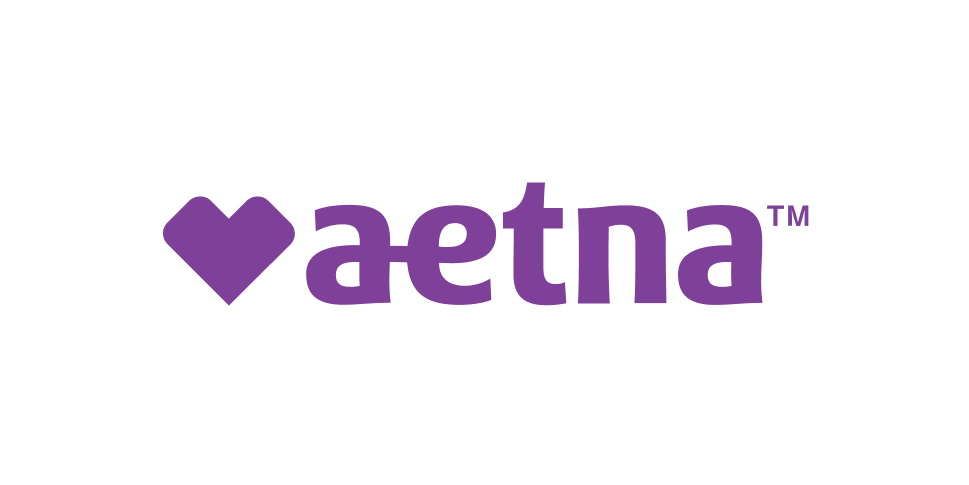
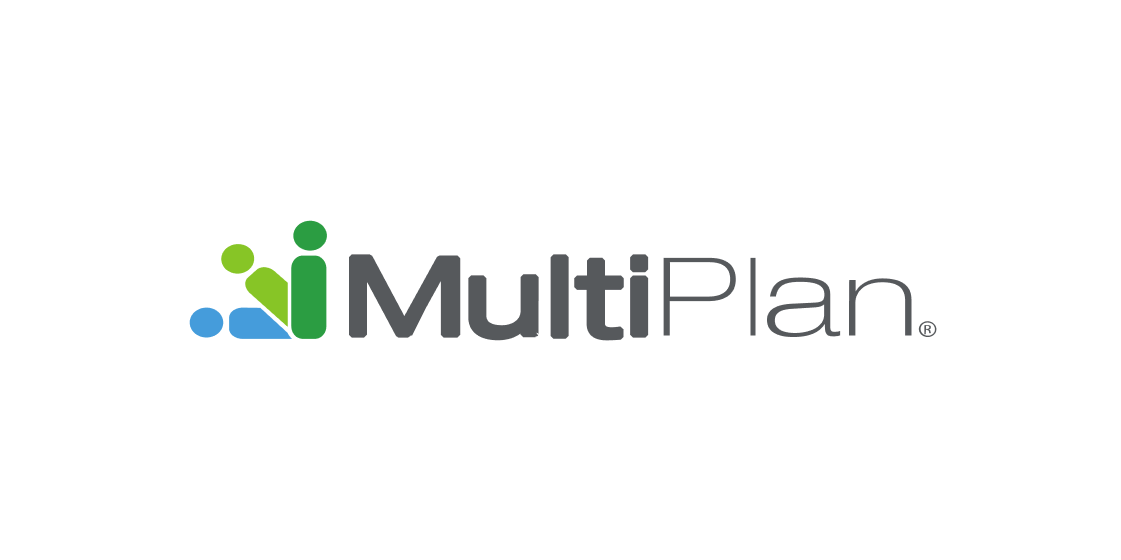
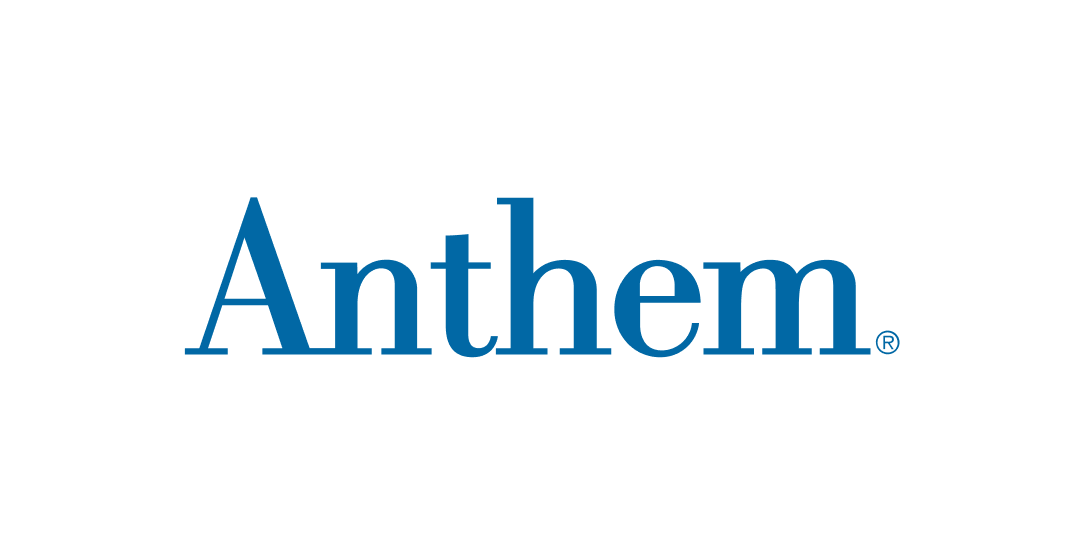
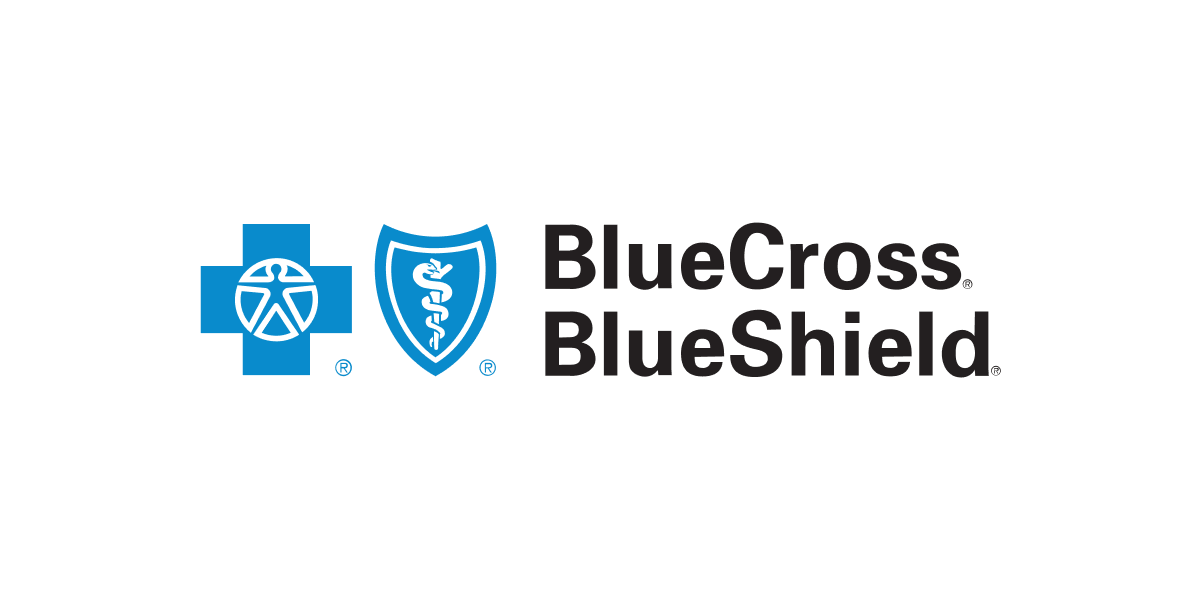
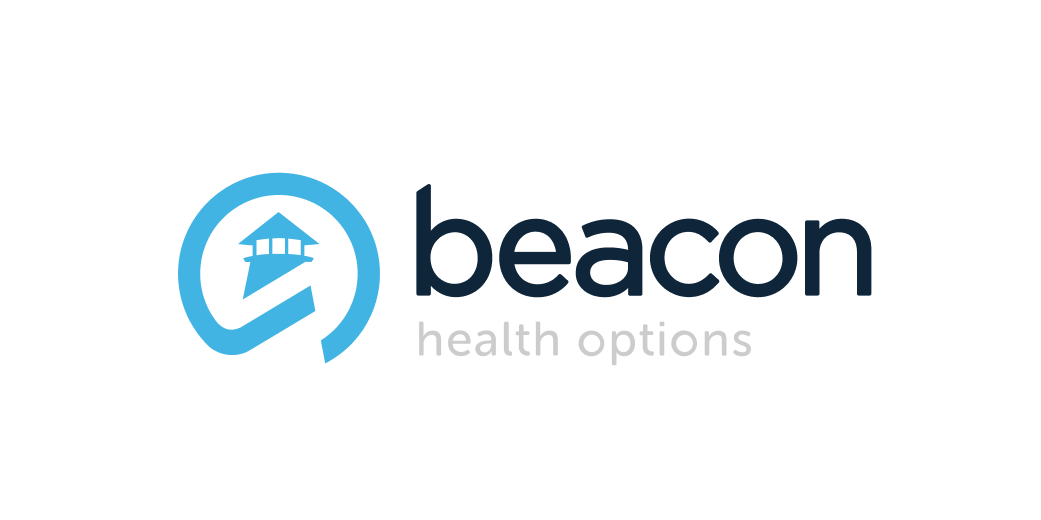
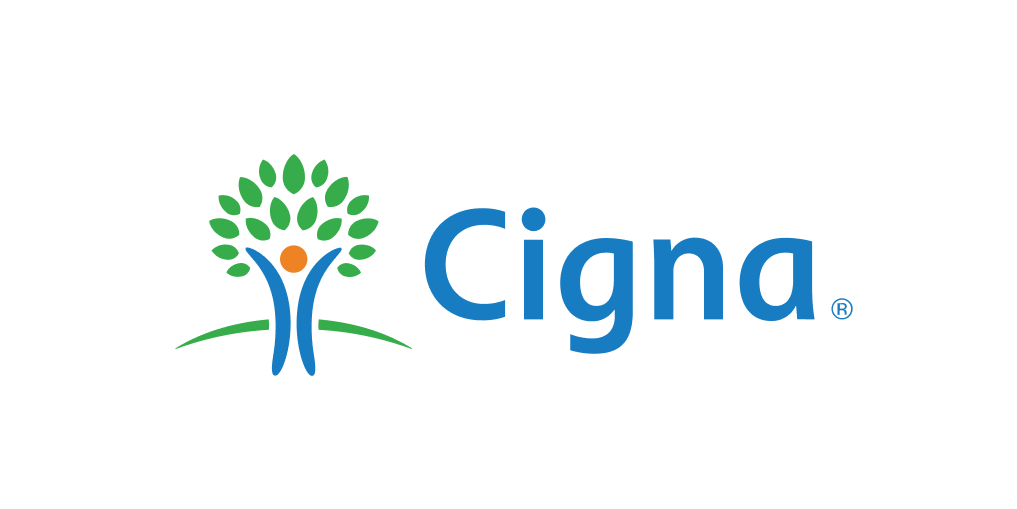
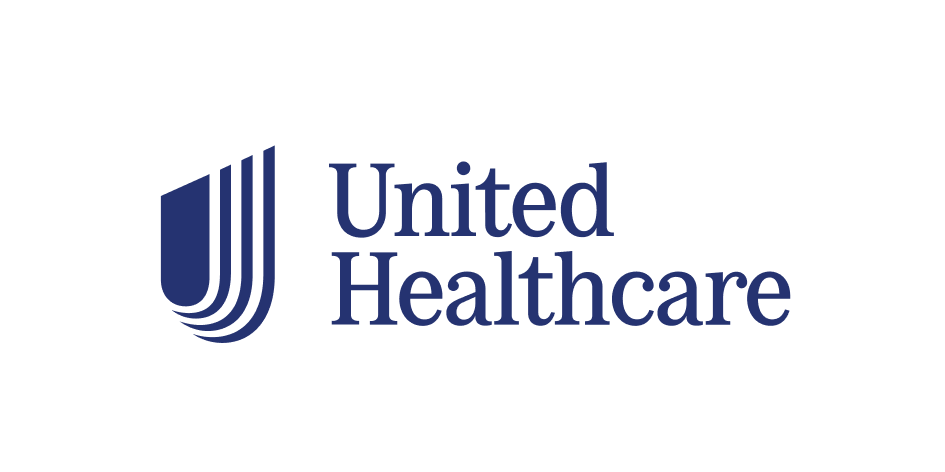






Frequently Asked Questions
Family therapy is a specialized form of counseling that involves the individual struggling with substance use and their loved ones. It examines family patterns, communication styles, and roles that may contribute to or maintain addictive behaviors. Through guided sessions, families learn to support recovery, rebuild trust, and establish healthier interactions.
Call Live Again Detox at 629‑465‑4224 for a free, confidential assessment.
While individual counseling focuses on the person’s thoughts, emotions, and behaviors, family therapy expands the lens to include relationships and systemic influences. It addresses dynamics such as enabling, codependency, and intergenerational patterns, ensuring that everyone affected by addiction gains insight and healing.
Call Live Again Detox at 629‑465‑4224 for a free, confidential assessment.
-
Enhance Communication: Teach open, non‑judgmental dialogue.
-
Clarify Roles: Identify and adjust dysfunctional roles (e.g., “rescuer,” “scapegoat”).
-
Set Boundaries: Establish clear, healthy limits around substance use and behaviors.
-
Foster Accountability: Encourage mutual responsibility for change and support.
-
Prevent Relapse: Create a relapse‑prevention plan involving the entire family.
Call Live Again Detox at 629‑465‑4224 for a free, confidential assessment.
-
Structural Family Therapy: Focuses on reorganizing family hierarchy and subsystems.
-
Strategic Family Therapy: Uses directives and interventions to disrupt unhelpful patterns.
-
Multidimensional Family Therapy (MDFT): Integrates individual, family, and community approaches, especially effective for adolescents.
-
Behavioral Couples Therapy: Applies behavior‑change techniques to improve relationship functioning.
Call Live Again Detox at 629‑465‑4224 for a free, confidential assessment.
-
Primary Client: The person in recovery.
-
Spouse/Partner: To address relationship strain and co‑dependency.
-
Parents/Guardians: Especially important for adolescent or young adult clients.
-
Siblings and Extended Family: When their involvement impacts the recovery environment.
-
Supportive Friends or Chosen Family: If approved by the therapist and client.
Call Live Again Detox at 629‑465‑4224 for a free, confidential assessment.
-
Enabling vs. Supporting: Understanding the difference.
-
Crisis Management: Responding to relapse or triggers.
-
Emotional Expression: Healthy ways to share feelings without blame.
-
Trust Rebuilding: Repairing relationships after broken promises.
-
Future Planning: Establishing routines, goals, and sober activities.
Call Live Again Detox at 629‑465‑4224 for a free, confidential assessment.
The duration depends on family needs and progress:
-
Short‑Term Models: 6–12 weekly sessions to address specific crises.
-
Intermediate Models: 3–6 months, integrating periodic check‑ins.
-
Long‑Term Support: Ongoing monthly or quarterly sessions as part of aftercare.
Your therapist will recommend a timeline based on initial assessments.
Call Live Again Detox at 629‑465‑4224 for a free, confidential assessment.
Yes. By teaching families to recognize early warning signs—such as mood shifts or isolation—and to implement agreed‑upon intervention strategies, family therapy creates a safety net that significantly reduces the likelihood of relapse.
Call Live Again Detox at 629‑465‑4224 for a free, confidential assessment.
Resistance often stems from fear, guilt, or denial. Therapists use motivational interviewing and strategic engagement techniques to:
-
Explore underlying concerns.
-
Demonstrate the benefits of participation.
-
Offer flexible formats (e.g., separate sessions or telehealth).
Ultimately, even partial family involvement can yield meaningful improvements.
Call Live Again Detox at 629‑465‑4224 for a free, confidential assessment.
When addiction coexists with anxiety, depression, PTSD, or other disorders, family therapy:
-
Educates loved ones about symptoms and treatment.
-
Coordinates with individual therapists or psychiatrists.
-
Integrates coping strategies for the entire household.
This collaborative approach ensures holistic recovery for all family members.
Call Live Again Detox at 629‑465‑4224 for a free, confidential assessment.
Get Family Support Now
Supporting Families Through Recovery
We understand addiction affects the whole family. Our comprehensive family program helps rebuild trust and restore relationships.
Weekly Family Therapy Sessions
Educational Workshops
Support Groups
Communication Skills Training
Get Family Support Now


 |
Medically Reviewed By:
Board-Certified Psychiatrist and Addictionologist
|
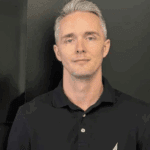 |
Clinically Reviewed By:
Board Certified Clinical Social Worker
|
American Psychological Association. (2019). The critical role of family in recovery from serious mental illness. https://www.apa.org/pi/about/newsletter/2019/06/family-recovery
Mayo Clinic. (2024). Family therapy: What you can expect. Mayo Foundation for Medical Education and Research. https://www.mayoclinic.org/tests-procedures/family-therapy/about/pac-20385237
National Institute on Drug Abuse. (2018). Families. National Institutes of Health. https://nida.nih.gov/research-topics/parents-educators/children-and-teens/families
National Institute on Drug Abuse. (2020). Principles of drug addiction treatment: A research-based guide (3rd ed.). National Institutes of Health. https://nida.nih.gov/publications/principles-drug-addiction-treatment-research-based-guide-third-edition
Substance Abuse and Mental Health Services Administration. (2004). Substance abuse treatment and family therapy (Treatment Improvement Protocol Series 39). U.S. Department of Health & Human Services. https://store.samhsa.gov/product/TIP-39-Substance-Abuse-Treatment-and-Family-Therapy/SMA15-4840
Substance Abuse and Mental Health Services Administration. (2019). Evidence-based practices resource center. U.S. Department of Health & Human Services. https://www.samhsa.gov/libraries/evidence-based-practices-resource-center

State Licensed
Live Again Detox is licensed by the Tennessee Department of Mental Health & Substance Abuse Services, ensuring compliance with state regulations for safe, ethical, and effective addiction treatment.
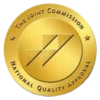
The Joint Commission
The Gold Seal of Approval® signifies that Live Again Detox meets or exceeds rigorous national standards for patient care, safety, and quality.
LegitScript Certified
Live Again Detox is certified by LegitScript, confirming compliance with laws and standards for ethical marketing and patient transparency in addiction treatment.
HIPAA Compliant
Ensures patient information at Live Again Detox is fully protected under federal privacy regulations.
BBB Accredited
Demonstrates Live Again Detox’s commitment to ethical business practices and community trust.
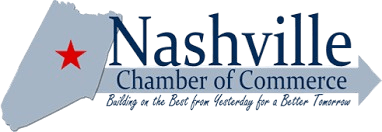
Chamber of Commerce Member
Live Again Detox is an active member of the local Chamber of Commerce, reflecting its commitment to community growth and support.

ASAM Member
Membership in the American Society of Addiction Medicine reflects Live Again Detox’s dedication to science-based treatment and advancing standards in addiction care.
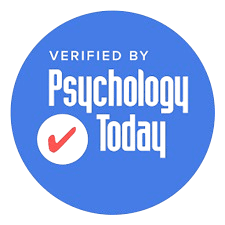
Psychology Today Verified
A verified listing on Psychology Today confirms that Live Again Detox provides trustworthy and transparent treatment services.
 |
Medically Reviewed By:
Board-Certified Psychiatrist and Addictionologist
|
 |
Clinically Reviewed By:
Board Certified Clinical Social Worker
|
1. Importance of Family Therapy in Addiction Recovery
Claim: Family therapy helps repair relationships, improve communication, and create a supportive recovery environment.
Substance Abuse and Mental Health Services Administration. (2004). Substance abuse treatment and family therapy (Treatment Improvement Protocol Series 39). U.S. Department of Health & Human Services. https://store.samhsa.gov/product/TIP-39-Substance-Abuse-Treatment-and-Family-Therapy/SMA15-4840
Mayo Clinic. (2024). Family therapy: What you can expect. Mayo Foundation for Medical Education and Research. https://www.mayoclinic.org/tests-procedures/family-therapy/about/pac-20385237
2. Addiction as a Family Disease
Claim: Addiction impacts the entire family system, not just the individual, increasing stress, enabling behaviors, and conflict.
National Institute on Drug Abuse. (2020). Principles of drug addiction treatment: A research-based guide (3rd ed.). National Institutes of Health. https://nida.nih.gov/publications/principles-drug-addiction-treatment-research-based-guide-third-edition
3. Evidence-Based Approaches to Family Therapy
Claim: Behavioral therapies such as Multidimensional Family Therapy (MDFT), Functional Family Therapy (FFT), and Behavioral Couples Therapy (BCT) are effective for substance use treatment.
National Institute on Drug Abuse. (2018). Families. National Institutes of Health. https://nida.nih.gov/research-topics/parents-educators/children-and-teens/families
Substance Abuse and Mental Health Services Administration. (2019). Evidence-based practices resource center. U.S. Department of Health & Human Services. https://www.samhsa.gov/libraries/evidence-based-practices-resource-center
4. Long-Term Outcomes & Recovery Support
Claim: Involving family in treatment improves long-term outcomes, reduces relapse risk, and strengthens recovery support networks.
American Psychological Association. (2019). The critical role of family in recovery from serious mental illness. https://www.apa.org/pi/about/newsletter/2019/06/family-recovery

State Licensed
Live Again Detox is licensed by the Tennessee Department of Mental Health & Substance Abuse Services, ensuring compliance with state regulations for safe, ethical, and effective addiction treatment.

The Joint Commission
The Gold Seal of Approval® signifies that Live Again Detox meets or exceeds rigorous national standards for patient care, safety, and quality.
LegitScript Certified
Live Again Detox is certified by LegitScript, confirming compliance with laws and standards for ethical marketing and patient transparency in addiction treatment.
HIPAA Compliant
Ensures patient information at Live Again Detox is fully protected under federal privacy regulations.
BBB Accredited
Demonstrates Live Again Detox’s commitment to ethical business practices and community trust.

Chamber of Commerce Member
Live Again Detox is an active member of the local Chamber of Commerce, reflecting its commitment to community growth and support.

ASAM Member
Membership in the American Society of Addiction Medicine reflects Live Again Detox’s dedication to science-based treatment and advancing standards in addiction care.

Psychology Today Verified
A verified listing on Psychology Today confirms that Live Again Detox provides trustworthy and transparent treatment services.
Yes, Your Insurance Covers Detox and Rehab Treatment
Get Family Support Now
Supporting Families Through Recovery
We understand addiction affects the whole family. Our comprehensive family program helps rebuild trust and restore relationships.
Weekly Family Therapy Sessions
Educational Workshops
Support Groups
Communication Skills Training
Get Family Support Now


What Our Patients Say
Hear directly from those who have walked the path to recovery at Live Again Detox. Our patients’ stories highlight the compassionate care, effective programs, and life-changing support they’ve experienced. Let their journeys inspire you as you take your first steps toward healing.
Love and gratitude to Matt for greeting me the first night and for being so kind during check in and every night that I saw him after that (thanks for the Earl Grey tea Matt 😊), Chelsea and Leigh Anne for their group work- they both have an incredible way of sharing things they have learned that really help you heal from within and you start wanting just to soak up all of their knowledge 💜, Nurse Kelly (night shift) and Nurse Chris (days) give the best hugs and uplifting advice especially since I am a nurse and they particularly focused on not allowing me to focus on shame and guilt, but on my accomplishments and what I have to look forward to moving forward- they treated me with complete respect (love you both 🤗) All of the nurses were caring and just amazing- Stacy, Sheila, Marlene, Patricia, Kelly on day shift. Additional shout outs to my therapist Chris….. he helped me work through so many things and gave me great coping skills to use at LAD and to take with me (can’t thank you enough), Nick for morning meditations and great insight and also all of his spunk, Josue for some very interesting, informative, and inspiring conversations on Sundays, Chris (night tech) for is humor and late night conversations when some of us couldn’t sleep, and Luke for his peaceful nature.
If you need help, please call LAD! It’s a small group of people, 12 at max capacity, super caring and attentive staff, great food and soooo many snacks/drinks available 24/7, lovely facility.
